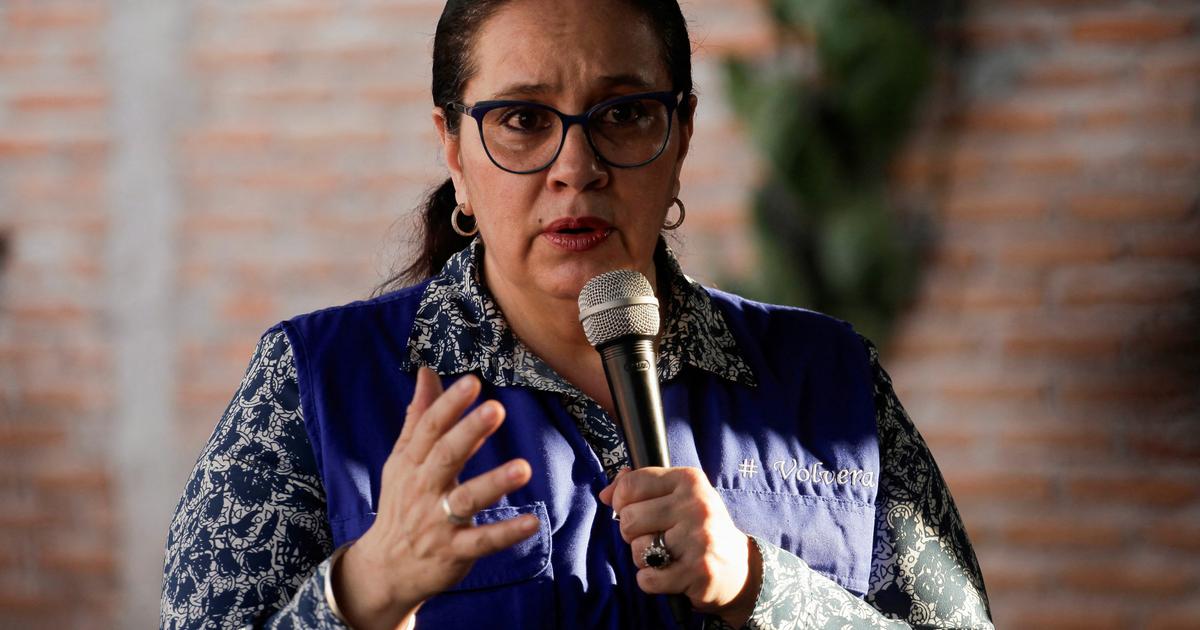The judgment of the Court of Justice of the European Union (CJEU) on the preliminary rulings raised by the investigator of the cause of the
process
in the Supreme Court give free rein to magistrate Pablo Llarena to launch a new Euro-order on the
former
Minister of Culture Lluís Puig, whose delivery has been refused by Belgium on two occasions.
Sources from the Supreme Court confirm that the magistrate's intention is to issue a new Euro-order against Puig in the coming days with the intention that it be resolved with the criteria set out on Tuesday by the European court, which has questioned the reasons alleged by the Belgian justice to reject the previous one.
This will be the only more or less immediate consequence of the CJEU resolution, since the Euro-orders against the
Former president
Carles Puigdemont and former councilors Toni Comín and Clara Ponsatí are paralyzed waiting for the European justice to rule definitively on the scope of their immunity as MEPs.
In a resolution that is generally favorable to the interests of Spanish justice, but peppered with nuances, support for Llarena processing another European arrest warrant against Puig is the strongest conclusion that can be drawn from that sentence.
"Several successive ODEs can be issued against a wanted person in order to obtain his surrender by a Member State after said State has refused to execute a first ODE directed against that person," the judges point out.
Llarena plans to do so in the coming days, once he studies the resolution issued on Tuesday in detail.
More information
Keys to the ruling of the European court on the Euro-orders to the leaders of the 'procés'
The magistrate, according to sources close to him, will wait for the Supreme Court to rule on how the repeal of sedition and the embezzlement reform affect the sentences handed down by the Criminal Chamber in October 2019 against Oriol Junqueras and eight other pro-independence leaders , since Puig is claimed for embezzlement and the criteria that the court applies to those already convicted should be the same as that which guides the processing of arrest warrants against those on the run.
As soon as this penal reform came into force, Llarena issued an order in which, applying those changes to the
former president
and the rest of the fugitives, withdrew the prosecution for the crime of sedition and kept intact the charge for aggravated embezzlement, punishable by up to 12 years in prison and 20 years of disqualification.
But the Prosecutor's Office and the State Attorney's Office have appealed that decision and although their main objection does not affect the Puig case (they reproach the judge for not replacing the repealed crime of sedition with the new one of aggravated public disorder), the judge will wait to hear the definitive interpretation of the Criminal Chamber on the reform promoted by the Government, a pronouncement that will arrive in the next few days.
In the Supreme Court, it is taken for granted that the defense of the defendants will squeeze some of the loopholes left open by the European ruling, especially the possibility that the Eurowarrant will be rejected if it is found that in Spain there are "systemic or generalized deficiencies" in the functioning of the judicial system or deficiencies "that affect the judicial protection of an objectively identifiable group of people to which the interested party belongs."
The first reaction of Puigdemont and the rest of the fugitives after hearing the sentence on Tuesday already indicated these points as keys to the battle in the Belgian courts.
Since this process began, the pro-independence leaders have tried to convince Belgium that the Spanish judicial system is politicized and is not independent to judge cases like theirs,
But Tuesday's ruling sets conditions for the Belgian justice system to once again reject a Euro-warrant on that grounds: to objectively verify these deficiencies and prove that there is a real risk that the fundamental rights of the defendants will be violated.
And the existence of general deficiencies in the Spanish justice were already ruled out in a hearing that was held in the CJUE in April, prior to the deliberation that has led to the sentence handed down now.
"There is no systemic problem of the rule of law in Spain," said the lawyer for the European Commission, who warned that if "there are no systemic or generalized deficiencies, (...) it will be unnecessary in most cases to go to the second stage of the analysis.
The CJEU ruling has been well received in the Supreme Court, where it is considered that European justice agrees with the instructor of the
process
in the objections he raised about the way Belgium acts.
However, the court appeals to prudence because it is feared that Belgium, a country that has historically been reluctant to facilitate the processing of Euro-orders, will find some footing to hold on to continue rejecting, or at least postponing, the handover of the pro-independence leaders. .
Subscribe to continue reading
Read without limits
Keep reading
I'm already a subscriber


/cloudfront-eu-central-1.images.arcpublishing.com/prisa/5ZMW4547SVFJVK3BLIHX23EZWM.jpg)

/cloudfront-eu-central-1.images.arcpublishing.com/prisa/OCXVGAGDFFE6NDRQIKWRK26LLU.jpg)


/cloudfront-eu-central-1.images.arcpublishing.com/prisa/ICSAZBZTRZCF5GVPAFFRDUGXH4.JPG)

